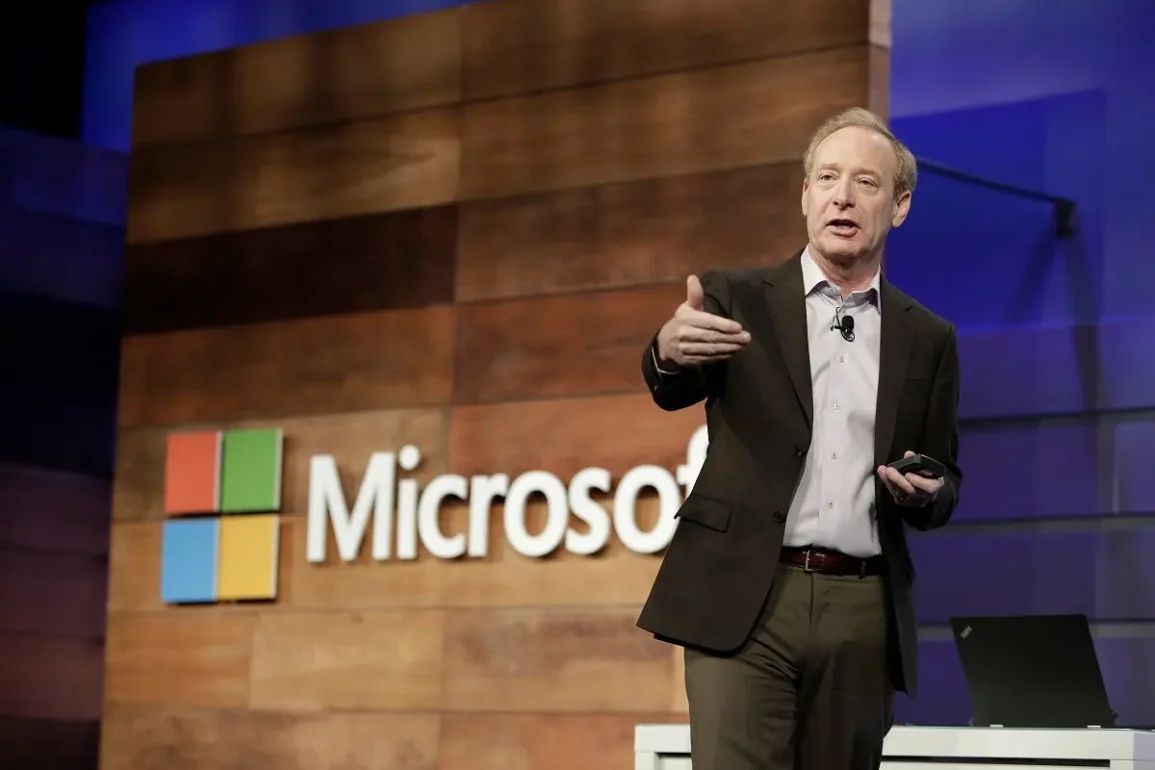Microsoft has partnered with Liquid Intelligent Technologies to extend internet coverage to an additional 20 million people in Africa by 2025.
The tech giant recently highlighted some new initiatives aimed at increasing digital infrastructure, skilling, and development in the world’s Least Developed Countries (LDCs).
This collaboration will expand Microsoft’s Airband initiative, which advances access to high-speed internet and meaningful connectivity as a fundamental right.
The initiative has enabled many African countries including Kenya, DR Congo, Mozambique, South Africa, Nigeria, Ghana and Malawi get high-speed internet.
Microsoft is also partnering with the International Organization of Employers (IOE), which advocates for employers and the business community in the tripartite governance structure of the International Labour Organization (ILO) and Synapse, a product development firm.
The partnership will enable the training of 20,000 youth, women and entrepreneurs in digital, business, and employability skills across four LDCs.
In a statement, Microsoft President, Brad Smith said, “Fifty years after the LDCs were classified by the United Nations (UN) as nations most in need of social, economic, and environmental opportunities to create growth, these 46 countries combined account for 13% of the world’s population, but only about 1.5% of global GDP and less than 1% of global trade. It is clear that more needs to be done.”
Microsoft noted it is focusing on growing the cybersecurity talent pool in the continent to defend the growing digital ecosystem threatened by the rapid increase of cyber threats.
To better support farmers on the ground, the company is also collaborating with OCP Africa to scale its Digital Agriculture Platform, which offers fertilizer solutions tailored to local conditions and the needs of soils and crops across Africa.
By 2030, the partnership will have helped 40 million African farmers and agri-stakeholders.
“The private sector can play an important role in creating opportunities for the 880 million people living in LDCs, where only 36% of the population uses the internet today, and Microsoft needs to do its part. The need for public-private partnerships has never been clearer. This is not a philanthropic exercise, but rather a business imperative – And a call to action for all of us to do more,” added Mr Smith.




